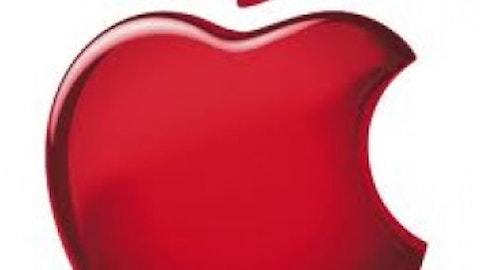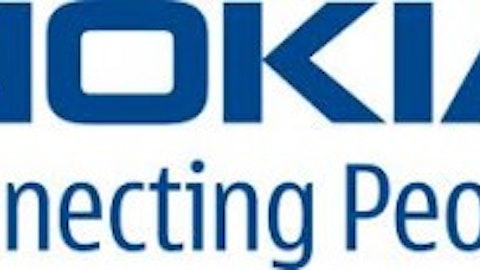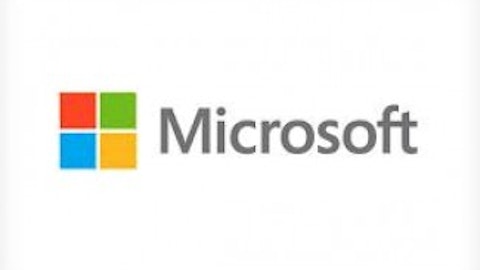Last week, Samsung rolled out its Galaxy Gear smartwatch, beating Apple Inc. (NASDAQ:AAPL) to the much-anticipated wearable-tech trend and setting the price point for the premium product category. Samsung’s move poses a few dilemmas for Apple Inc. (NASDAQ:AAPL), including how to price a future iWatch and whether it will be a companion device like the Gear.
First mover disadvantage
In the tech world, releasing new devices before your competitors can be a great advantage, but in this case, Samsung may have jumped the gun. The Gear smartwatch boasts a number of solid features, including a 1.9 megapixel camera, 4GB of internal storage, Bluetooth 4.0, a Super AMOLED display, and up to 70 compatible apps. But one of the glaring issues with the Gear is that it’s not a standalone device.
At launch, the Gear can only be paired with Samsung’s Galaxy Note 3, with additional pairing to Samsung Galaxy devices — and possibly other non-Samsung phones — coming later.

Samsung Galaxy Gear. Source: Samsung.
But this is just one way Samsung has left itself vulnerable to Apple Inc. (NASDAQ:AAPL). Here’s why.
While Samsung may have captured consumers’ attention, Apple Inc. (NASDAQ:AAPL) has historically been able to bring devices to market that launched after similar products but offered a better experience. The iPhone wasn’t the first smartphone on the market, but its operating system and touchscreen far surpassed its competition.
If Apple Inc. (NASDAQ:AAPL) releases an iWatch that functions independently of iPhones but pairs seamlessly with them, Apple could leapfrog any advantage Samsung currently holds. Apple Inc. (NASDAQ:AAPL) could then market its device as a true smartwatch and try to lure in buyers who may not have an iPhone. With the iWatch still in the rumor stage, we obviously don’t know whether this will be the case. But it would be a very Apple-esque move to enter the market slightly after its competition and release a device that flat-out beats what’s currently available.
To Samsung’s credit, it still has one possible advantage over Apple. With the company releasing its smartwatch first, it was able to tell consumers what it thinks devices like this should cost — in this case, $299. This has several implications for Apple’s iWatch: It either has to start at a lower price and appear to be a lower-end device, come in higher and risk scaring off potential buyers, or launch at the same price with possibly more features than the Gear.
Countdown to an iWatch
I don’t think Apple is likely to give up its premium brand status, nor does it typically offer niche products that aren’t intended for the masses. This leads me to believe that if Apple releases an iWatch, it will price it at, or just around, the $300 price tag and it will have the ability of working independently of the iPhone. That doesn’t mean an iWatch wouldn’t play nicely with the iPhone, but it would have a full-functioning operating system, its own set of features, and wireless capability. Anything less than an independent device would be a specialty product, and Apple has historically released devices that are — besides initial pricing — available for everyone.
Investors should keep tabs on consumers’ reception to the Galaxy Gear, as well as any news about an iWatch. It’s extremely doubtful the Cupertino company would release such a device with this week’s iOS 7 and new iPhone, considering that iPhone launches typically stand on their own and an iWatch device would deserve its own attention. While I expect Apple to release its own smartwatch in the near future, it’s not likely Samsung’s Galaxy Gear will force the company’s hand prematurely. Apple is in the habit of releasing dynamite products for the masses, and that can mean taking a back seat until the product is ready. That being said, time is ticking.
The article Samsung Just Priced Apple In originally appeared on Fool.com and is written by Chris Neiger.
Fool contributor Chris Neiger has no position in any stocks mentioned. The Motley Fool recommends and owns shares of Apple.
Copyright © 1995 – 2013 The Motley Fool, LLC. All rights reserved. The Motley Fool has a disclosure policy.




